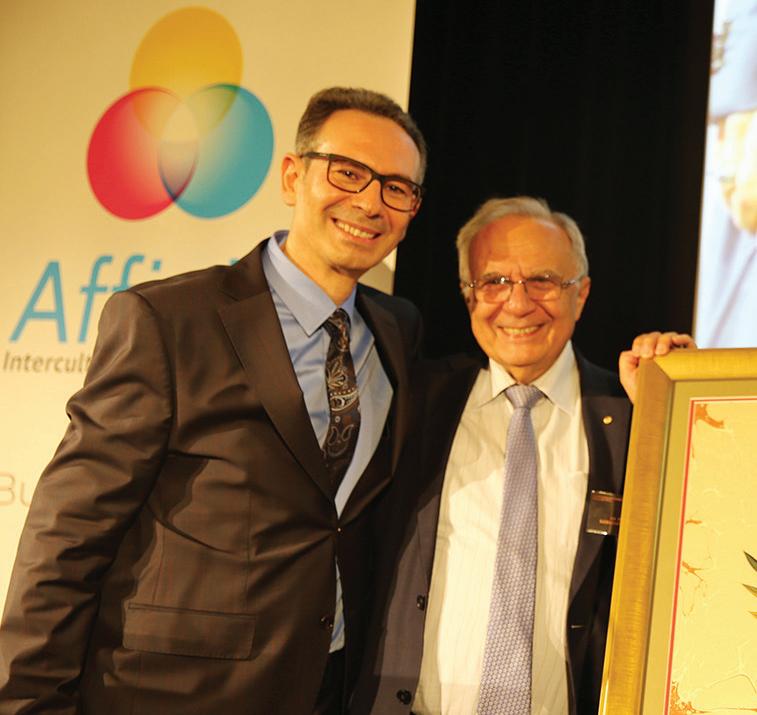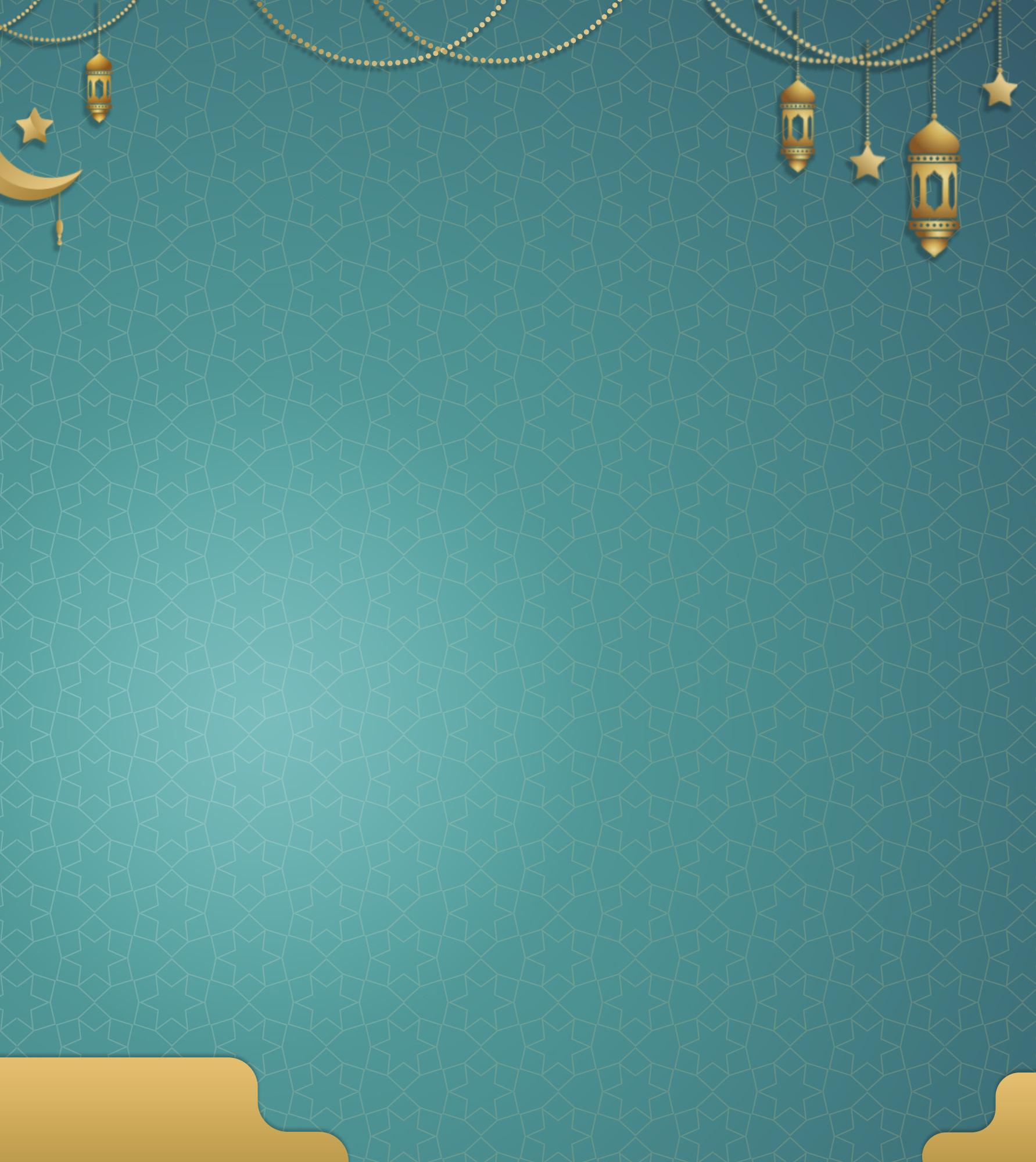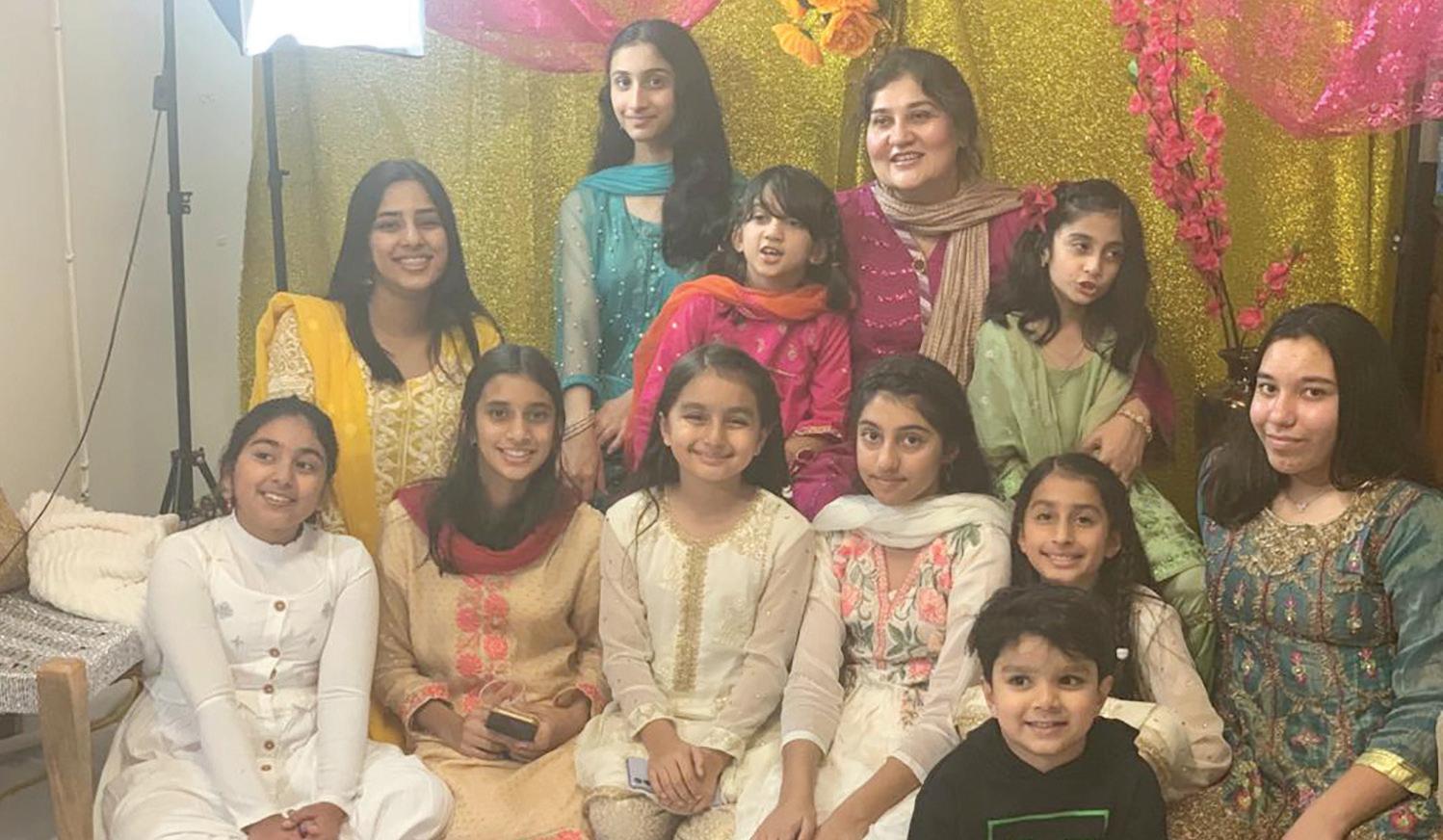
11 minute read
The Garden of Humanity
By: Azra Polat


On Thursday 6 May 150 guests gathered at The Fullerton Hotel Sydney to break bread in the spirit of harmony and diversity at Affinity Intercultural Foundation’s twelfth annual Friendship and Dialogue Iftar dinner.
The gathering saw guests from diverse backgrounds in attendance, including members of Parliament, police, Royal Australian Navy members, religious, community and education leaders, businesspeople, academics, members of the judiciary and media as well as representatives from other faiths and cultures. The diversity of backgrounds, added to the rich tapestry of the evening and is symbolic of the


multiculturalism and diversity that we see in Australia.
Ms Philippa McDonald, Former ABC Reporter, Journalist and Communications Specialist Acted as the MC on stage with her charming presence and set the night with its proceedings.
The evening began with a most extraordinary Acknowledgement of Country and Elders from Ms Phillipa McDermott, Chairperson of Bangarra Dance Theatre & Lead Indigenous Employment and Diversity ABC. Followed by a colourful and spectacular Didgeridoo performance, the audience was captivated by Uncle Walangari Karntawarra, Australian Aboriginal Artist and Affinity’s valuable advisory member.
Mr Bilal Kilic from Amity College delivered the ‘adhan’ (call to prayer) and the fast was broken with dates followed by a magnificent three-course dinner.
In his speech as co-host, Dr Geoff Lee MP, Minister for Sport, Multiculturalism, Seniors and Veterans, shared on a light note, how wonderful it is to be gathered on this evening with over twenty guests, face-to face and not via Zoom.

“Having a dinner is the best ways for any background whether multicultural, multifaith society, it’s a leveling playing field, like sport, that we can all join together and celebrate everything good that makes us Australian. Ramadan is a particularly important time that we self-sacrifice, doing good for others and providing charity for others in this month,” he said.
Co-host Ms Sophie Cotsis MP, Shadow Minister for Better Public Services, touched on how “Affinity embodies humanity, in bringing everyone together, fighting through barriers during uncertain days”.
Presenting his warm welcome, Executive Director of Affinity, Mr Ahmet Polat, decreed tonight’s dinner as ‘The garden of humanity’, which was “inspired by a desire to celebrate the possibility and perhaps one day, the reality of peaceful coexistence among all faiths and all cultures in society.”
“Our main goal is to accept each other unequivocally as valued members who have a rightful place in society. I have four words that came to my mind while reflecting on tonight’s Iftar dinner “courage, vision, dedication, and optimism”. This Iftar dinner is a profoundly optimistic gathering. It has established on a belief that we can learn, and we can give, and it seems to me, that this is the vision and future of the world we would like to have and build towards. We are dedicated and courageous to oversee our differences and share a delightful conversation over a delightful meal,” he said.
A tranquil Quran recitation was provided by
Mr Ibrahim Kara-
isli from Amity College, followed by an Affinity Parliament Iftar Dinner Highlight video. This video encapsulated the last 5 dinners, held in the NSW Parliament House, in a nutshell.
His Eminence the Grand Mufti, Dr Ibrahim Abu Mohammed’s speech was presented by spokesperson Mr Bilal Rauf. “We as Muslims believe that all humanity comes from one source and are therefore, brothers and sisters united in their humanity. True belief in Islam is intertwined love for all people. Our Prophet (peace be upon him) said, none of you will truly believe until you love for your brother, what you love for yourself.”
The audience was transported to Ottoman times with a special Sufi music performance by Tarik Hussein and Tariq Hawala.
In her keynote address, Tracey Holmes, senior reporter, and presenter at ABC’s NewsRadio, The Ticket said the dinner contributed


to building social cohesion and trust between different people.
“There is much to despair but yet again here we all are, different but together. With different worldviews, but able to share a meal in peace. We challenge our worldviews, but we are together in peace.” she said.
“We were able to change one word of the national anthem, so at least now we are all one. I don’t say any of these things with political overtone, I am not talking about politics. I am talking about people. I am talking about you and I am talking about me. I am talking about the ground that we share together, despite all of our differences. We cannot let humanity become politicised. guished guests. Ms Naomi Steer, National Director Australia for UNHCR, shared her insight, “I am always hopeful because in my work I see sometimes the worst of humanity, but I certainly see the best of humanity and tonight I see that reflected within everybody here, and I really hope we will take that outside and beyond globally in support of the most vulnerable people we know.”


We will never ever all be the same and isn’t that a wonderful thing. We will never ever all think the same way. We do not even experience this world in the same way, we’ve not even experienced tonight in the same way. And yet once again, here we are in peace. ”
Floor reflections were provided by distin-
Judge Dale Kemp, The Federal Circuit Court, reflected, ‘As a judge involved in family law matters, the court has to consider making orders in the best interest of children. The principles are divided into primary considerations (the need to maintain meaningful relationships between children and parents) and additional considerations (one such matter relates to the lifestyle, culture and traditions of the child and the parents). Events such as tonight raised the awareness of the lifestyle and cultural traditions of Muslims.”
A special guest joined from the United States, NBA basketball player for the Portland Trail Blazers Mr Enes Kanter, who shared his humble view of sports. Enes said, “I believe sport delivers connection and belonging in the community. It is something that people from all walks of life can join together to play, cheer, celebrate, and appreciate, despite any ethnic, religious, or cultural differences. Sport also promotes and celebrates diversity by rejecting racism and division and promoting Unity and Inclusion. It is with these values that we hope to create a world where all are comfortable and respected in all they do.”

A vote of thanks was offered by Mr Craig Foster AM, Former Socceroo, Broadcaster, Adjunct Professor, Author, Human Rights Activist & Affinity Advisory Board Member, who touched on how “This is so important, what is happening in this room tonight and always is at this event, is when you look around you see the true vision of what Australia is. You see more than that actually, the promise of what we can be. You see here, an Australian secular society where everyone is free to exercise their own faith, to have their own beliefs and to be respected for doing so. But more than that, to come together, to sit together, to break fast and build understanding, and as Cousin Ahmet would say, to conduct dialogue and conversations, people to people connections, and breaking down barriers.”

“It’s not just multiculturalism, diversity, inclusion, and it’s not just tolerating other people and other faiths, we accept them. Actually it’s saying we are better together. That is real multiculturalism. It’s to say this person next to me is part of this country, is equal to me, and I will fight for you when it is necessary, ” he said.
Concluding remarks were provided by Mr Richard Broinowski AM, Former Australian Public Servant & Diplomat and Affinity advisory board member who wished “at this time of international crisis, we must hope that the tradition of self-reflection imbued within Ramadan will result in tolerance across our community. We need tolerance now more than ever before.”
This event was possible with the generous support from sponsors including Pfizer Australia Biopharmaceuticals, Innovo Technology Solutions, Galaxy Foundation and the Australian Relief Organisation.







Ramadan-The Holiest Month for Muslims



By: Shafaq Jaffery
Ramadan is the holiest month for Muslims. Every year, Muslims around the world fast during daylight hours, but what is it really about?
What is Ramadan?
Ramadan is the ninth month in the Muslim lunar calendar. Healthy adult Muslims fast in Ramadan from dawn until dusk. This includes abstaining from drinking, eating, immoral acts and anger. Other acts of worship such as prayer, reading the Quran and charity are also encouraged during the holy month.
During the holy month, Muslims wake up early to eat a pre-dawn meal called suhoor, and they break their fast with a meal referred to as iftar.
It is common for mosques to host large iftars, especially for the poor and needy. Nightly prayers called Tarawih are also held in mosques after iftar.
Different cultures have different traditions during Ramadan, whether it is a special food they must cook, or eating iftar with the extended family. Islamic tenets such as generosity inspired most of these traditions, including sharing food and inviting guests over for iftar
Muslims fast as an act of worship, a chance to get closer to God, and a way to become more compassionate to those in needs. Fasting is also seen as a way to learn patience and break bad habits. As such, giving to charity is a huge part of everyday life for Muslims.
In Islam, giving to charity is a great deed at any time of year. However, when combined with the auspicious month of Ramadan, donating Zakat is multiplied manifold, with untold blessings and reward for the donor. Ramadan charity is highly rewarded, and as such, the vast majority of Muslims choose to donate at this time. Although it is not an obligation to donate during Ramadan, this is why so many Muslims choose to do so during this month.
The act of fasting is meant to remind Muslims of the less fortunate and to reinforce the need to be thankful
Fasting during
Ramadan means abstinence from all



The Holiest Month for Muslims

food or drink, including water and chewing gum, from dawn to sunset. It is recommended that before sunrise, Muslims eat a prefast meal known as suhur. This meal often resembles breakfast, but in some cultures it may include more dinner-like foods. After sundown, Muslims break their fast with iftar, a meal which usually starts with dates and water or milk, followed by dinner. Muslims are permitted to snack at night between those two meals, and hydration is encouraged, especially when Ramadan falls during summer.
For suhur, iftar and snacks, Muslims can more easily make it to sundown by eating high-fiber meals to sustain satiety over longer periods, fruits and vegetables to maintain electrolyte stores, and plenty of fluids to maintain hydration. Muslims should also limit fried foods and sugary sweets, the latter of which is a common cultural tradition among many ethnicities during the holy month.

After Ramadan, Muslims celebrate a threeday holiday called Eidul-Fitr. After this Eid (“celebration”), Muslims pray the holiday prayer in congregation in the morning, visit family and friends, and celebrate over food, gifts and activities for children.
The Eid festival has a special atmosphere of peace, respect, giving and receiving, as well as sharing and caring. It is a special day for children because it is a day to socialize with family, friends and other children in celebrating Eid. Many Muslims are united in prayer at mosques and other appropriate venues during Eid . People also exchange gifts with one another and celebrate feasts together.
In Pakistan it has its own feeling but as living in Australia , Eid away from home is different. Not nly the muslim community but also the non-muslim community in Australia also cherish this time of Eid and hold Eid parties and festivals so that all the people can enjoy it and embrace the love and peace related to it.









